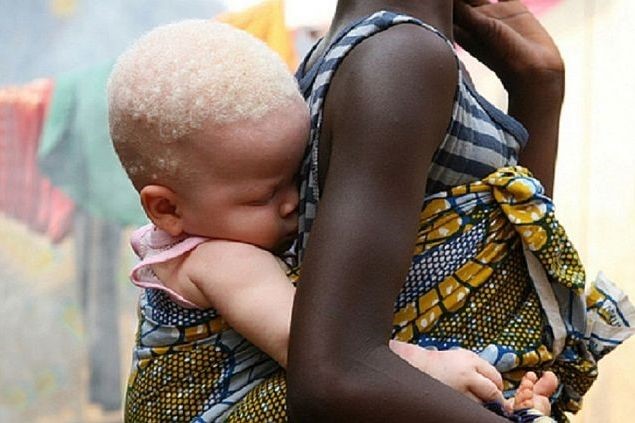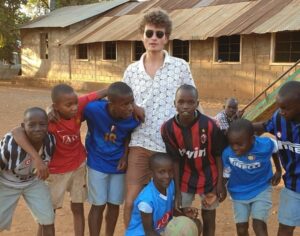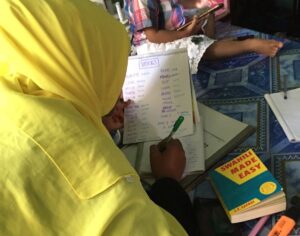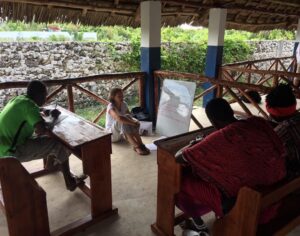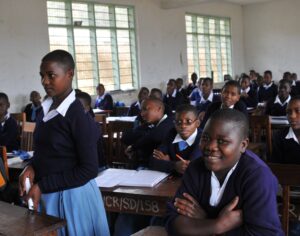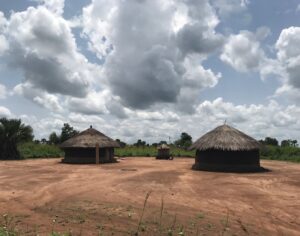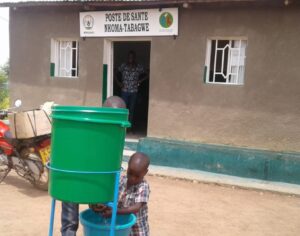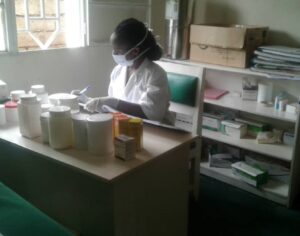ALBINISM: DISCRIMINATION IN AFRICA
Albinism is a rare, stable, non-contagious, genetic condition characterized by lack of pigment in a person’s hair, skin, and eyes, causing vulnerability to sun exposure.
In Sub-Saharan Africa people with albinism face profound social stigma and isolation, due to the negative myths that surround the condition. Being affected by albinism means undergoing superstition, amputation and killing. A person with albinism may be considered a curse and be killed.
They are called zeru zeru, meaning “ghosts” and “invisible”. Every part of their body is in danger of being cut and sold. Witch doctors take advantage of the ignorance and superstitions and made charms and potions.
Consequences
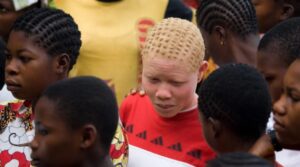 The life of a person with albinism is characterized by loneliness, poverty, and rejection. A new-born is seen as a divine punishment by the family. Women raped because it is believed that having sexual intercourse can cure AIDS. It is a life on the side-lines given the difficulty in finding a job, with a lack of education and assistance due to the superstitions associated with them. Without forgetting the need for protective sun creams, suitable clothing, eyeglasses, and sunglasses. Even after death practices of unearthing the corpses are carried out.
The life of a person with albinism is characterized by loneliness, poverty, and rejection. A new-born is seen as a divine punishment by the family. Women raped because it is believed that having sexual intercourse can cure AIDS. It is a life on the side-lines given the difficulty in finding a job, with a lack of education and assistance due to the superstitions associated with them. Without forgetting the need for protective sun creams, suitable clothing, eyeglasses, and sunglasses. Even after death practices of unearthing the corpses are carried out.
The term “Person with albinism” is preferred over “albino” as it puts the person ahead of their condition.
The change is possible
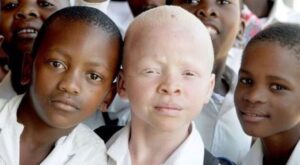 It is possible that not even the intervention of the police can stop the phenomenon because the population is frustrated, dissatisfied, and scared. Persecution of albino people affects everyone and actions by citizens and governments can help the serious violence they suffer. They fight for themselves and for others and organize themselves into associations to claim their right to life.
It is possible that not even the intervention of the police can stop the phenomenon because the population is frustrated, dissatisfied, and scared. Persecution of albino people affects everyone and actions by citizens and governments can help the serious violence they suffer. They fight for themselves and for others and organize themselves into associations to claim their right to life.

